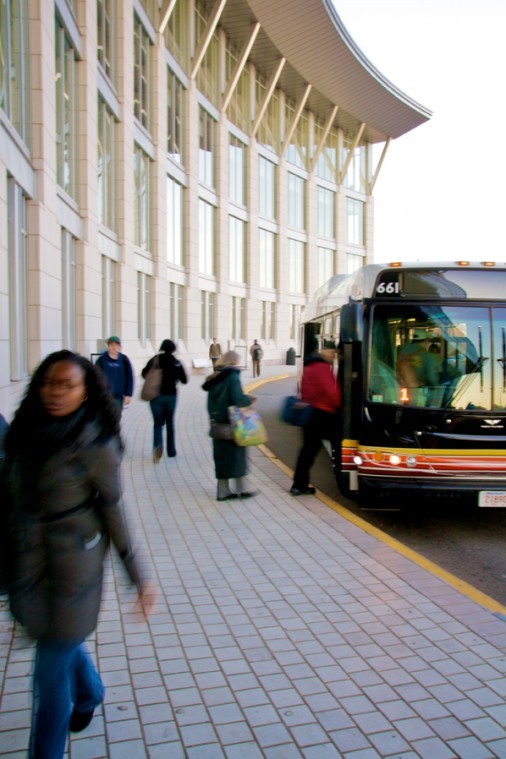Take a step back and try to view UMass Boston from a different perspective. This perspective is one that most of us had before attending UMass Boston, when we were filling out our college applications or researching different colleges.
Chances are, this view has changed over time, on account of how UMass Boston presents itself to incoming students.
How potential students view UMass Boston is critical. Sources like collegeboard.com, for example, allow interested students and parents to see general information about Umass Boston. Yet, the information on collegeboard.com can be vague in some areas and easily misunderstood.
In the “Housing & Campus Life” category for UMass Boston, College Board states“Deadline for Housing Deposit: Not Reported.” College Board does not specifically say that UMass Boston does not have dorms. Instead, College Board suggests that there is no set deadline for a housing deposit that does not exist.
College Board also fails to mention Harbor Point and Peninsula as nearby alternatives.
This failure by omission is even more confusing to students when you consider that College Board (according to the website) reaches 7 million students, 23,000 high schools and approximately 3,800 colleges.
College Board attracted more than 54 million people to its site last year. You would think that a well-established website like College Board, viewed by millions, should provide authoritative and accurate information.
In the “Cost and Financial Aid” section, there is a price listed for “Living on-campus” for in and out-of-state students. UMass Boston has no “living on-campus.” A student might incorrectly conclude that we have dormitories.
Under another column, “Commuting, not living at home”, a price is listed for “Room & Board.” Why would someone need to pay “Room & Board” when they are commuting?
Did you know “First-time first year students [are] allowed to have a car”? Well of course you get to have a car in your first year, we are a commuter campus!
When comparing the financial disclosures from College Board and the UMass Boston Bursar’s webpage, inconsistencies are obvious. On the Bursar’s webpage, the total tuition and fees for in-state students is $10,878. As for College Board, they list a price of $11,407, a difference of $529.
Another consideration is the student-to-faculty ratio. According to College Board, UMass Boston’s student-to-faculty ratio is 16:1,. This ratio can be easily misinterpreted, since people might think this means the average class size is 16 students. It would be nice for College Board to also mention the student-to-professor ratio, which might be an important aspect for potential students. This is just another unreliable piece of information provided by College Board.
It would be safe to say that when people decide which college to go to, many aspects play a role in decision making. When websites like College Board, which reach out to millions of people, are unable to provide accurate information, it presents UMass Boston in a wrong perspective.
Establishing that UMass Boston is a commuter campus is one of those aspects. The lifestyle at UMass Boston is different than most universities in Boston, yet a lot of people don’t realize it until they spend some time here. College Board is not the only example of how UMass Boston information can come across as ambiguous. This issue of ambiguity and inaccuracy is an issue that should be addressed. How we present ourselves to potential students and the public is important, and should be a priority.





















































